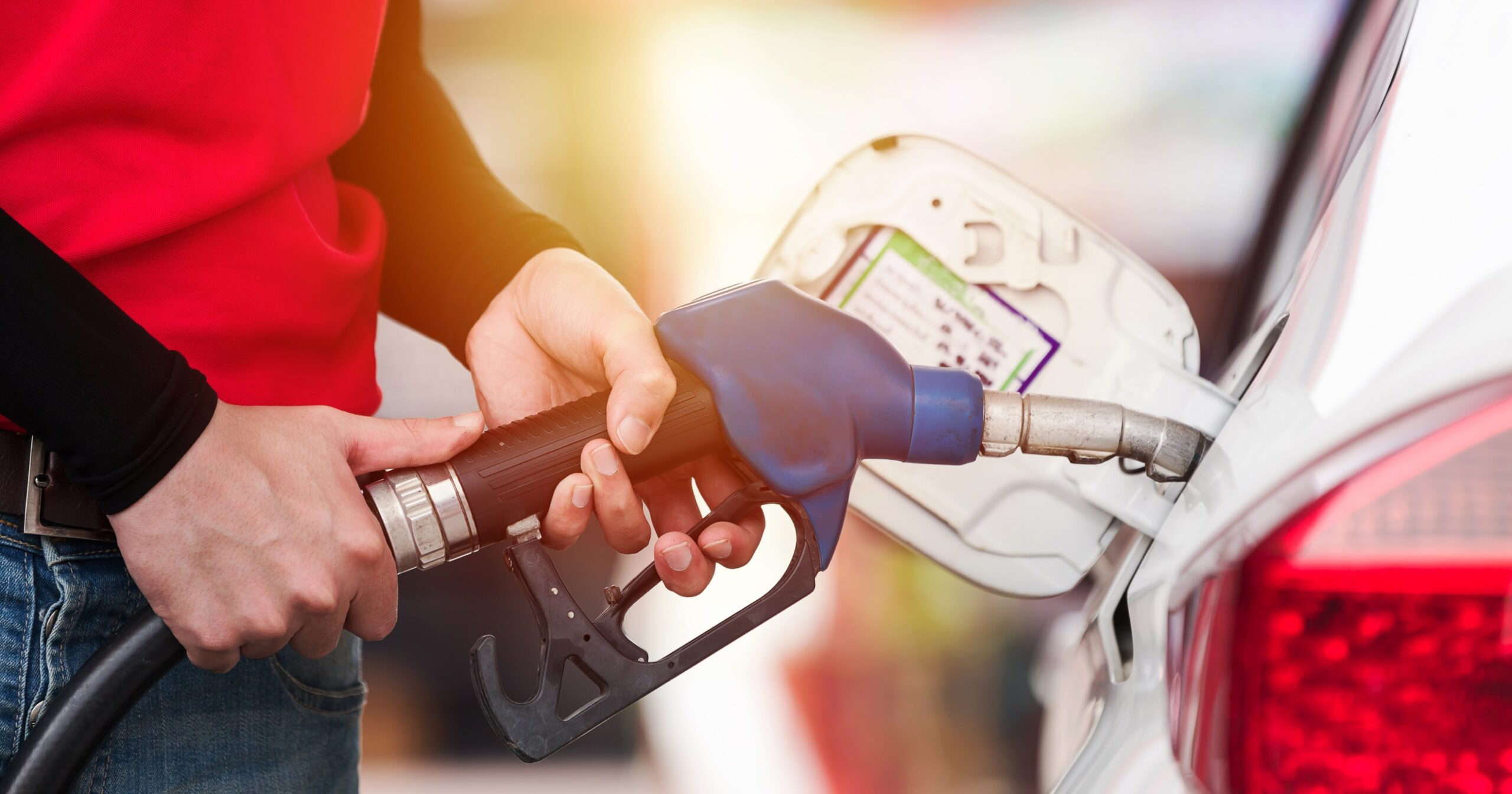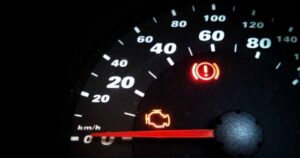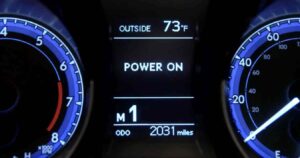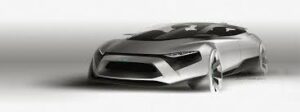The typical fuel tank capacity for the majority of vehicles falls within the range of 10.5 to 18.5 gallons. Smaller vehicles, such as subcompact crossovers and hatchback models, typically have capacities of around 12 gallons. Notably, subcompact models like the Chevrolet Spark are equipped with a smaller 9-gallon tank.
In today’s world, cars have become an essential part of our daily lives. From commuting to work or school to road trips and family vacations, we rely heavily on vehicles for transportation.
However, one important aspect of owning a car is knowing its fuel capacity and how much gas it can hold. In this document, we will explore the different types of cars and their fuel capacities. And explore your question of how many gallons a car holds.
Table of Contents
ToggleTypes of Cars
There are various types of cars available in the market, ranging from compact cars to SUVs.
Each type has its unique features and purposes.
Compact cars, also known as subcompact or mini cars, are small in size and usually have a fuel capacity between 10-13 gallons.
Mid-size cars, on the other hand, have a slightly larger fuel capacity of around 14-18 gallons.
These include popular models such as sedans and coupes.
SUVs and trucks are larger vehicles that are designed for off-road adventures and hauling heavy loads.
As a result, they have bigger fuel capacities ranging from 20-30 gallons.
However, some models, such as the Ford F-150, have a fuel capacity of up to 36 gallons.

Understanding Fuel Capacity
Fuel capacity refers to the maximum amount of gas that a vehicle’s fuel tank can hold.
It is measured in gallons or liters and can vary based on the type and size of the car.
Knowing your car’s fuel capacity is important as it helps you plan your trips and budget for gas expenses.
Factors Affecting Fuel Capacity
Various factors can affect the fuel capacity of a car.
One major factor is the size and weight of the vehicle, as larger and heavier cars require more fuel to operate.
Another factor is the type of engine, as cars with more powerful engines tend to have larger fuel tanks to support their performance.
Additionally, the design and aerodynamics of a car can also impact its fuel efficiency and, therefore, its required fuel capacity.
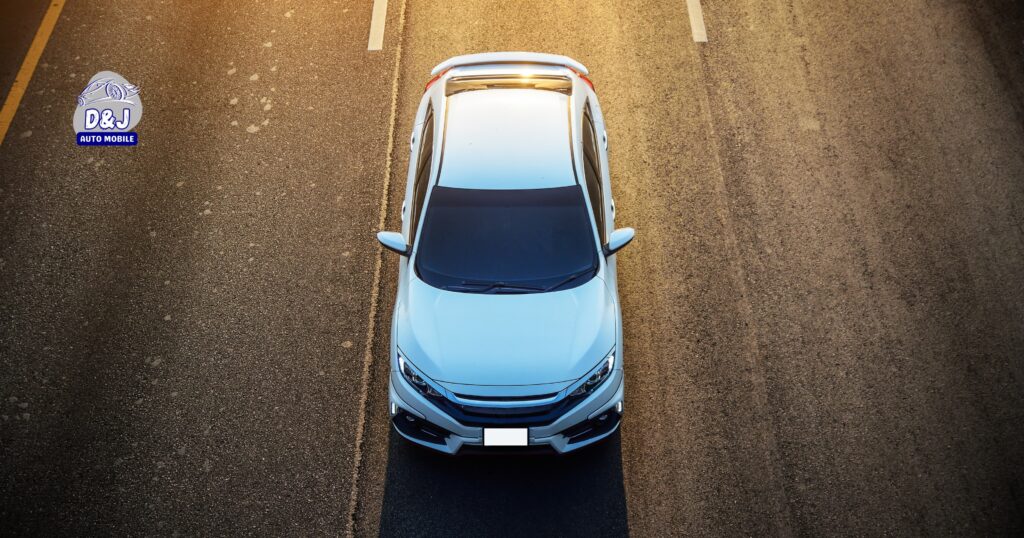
How To Find Out Your Car’s Fuel Capacity
If you’re unsure about your car’s fuel capacity or are planning a road trip and need to know how much gas you can carry, there are a few ways to find out.
One easy way is to check your car’s owner’s manual, which should have all the specifications and details about your vehicle, including its fuel capacity.
Another way is to simply look up your car model online, as most manufacturers provide this information on their websites.
Different Types of Fuel Tanks
Fuel tanks come in various shapes and sizes, depending on the type of car.
For example, compact cars usually have a cylindrical fuel tank located at the rear of the vehicle. In contrast, trucks and SUVs may have a more rectangular-shaped tank underneath the body.
Some modern cars also have dual fuel tanks to increase their range and decrease refueling stops.
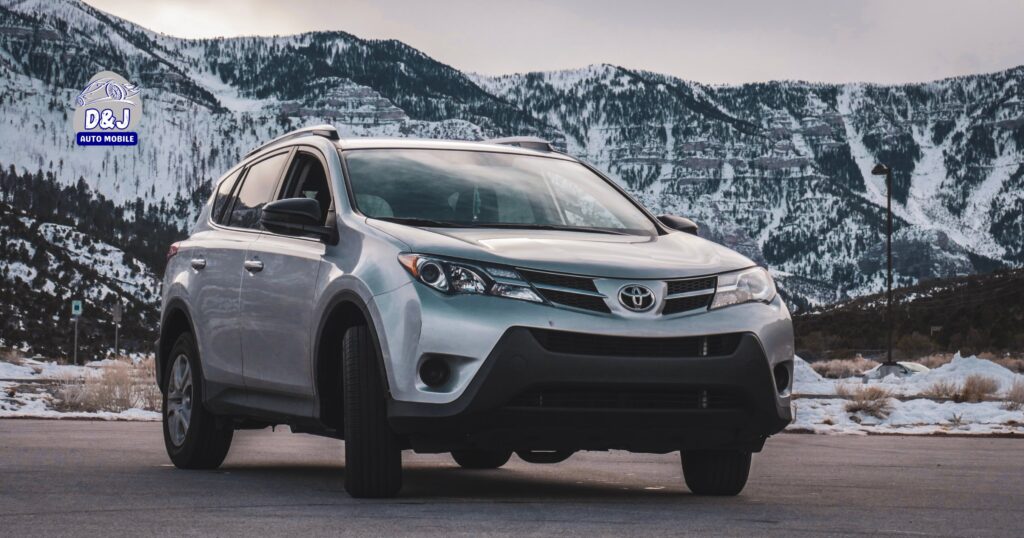
Standard Fuel Tank Sizes for Passenger Cars
You have a question: how many gallons does a car hold? In this, we are telling you about standard fuel tank sizes.
While the fuel tank size can vary for different models, some standard sizes are commonly used in passenger cars. These include:
- 10 gallons (for compact cars and smaller sedans)
- 15 gallons (for mid-size sedans and coupes)
- 20 gallons (for larger sedans, SUVs, and trucks)
It’s important to note that these sizes can vary and may not apply to all car models.
Variations Among Car Models and Makes
It’s worth mentioning that there can be variations among different models and makes of cars, even within the same category.
For example, while most compact cars have a fuel capacity of 10-13 gallons, some models, such as the Honda Civic and Toyota Corolla, can hold up to 16 gallons.
Similarly, while most mid-size sedans have a fuel capacity of 14-18 gallons, the popular Toyota Camry has a slightly larger tank of 17 gallons.

Tips for Optimising Fuel Efficiency
As fuel prices continue to rise, it’s important to consider ways to optimize your car’s fuel efficiency. Here are some tips that can help:
- Regularly maintain your car by getting tune-ups and oil changes.
- Keep your tires properly inflated to reduce friction and improve gas mileage.
- Avoid carrying excess weight in your vehicle, as this can impact fuel efficiency.
- Drive at a consistent speed and avoid sudden accelerations or braking.
- Use cruise control on long trips to help maintain a steady speed.
Advances in Fuel Tank Technology
With the growing demand for more environmentally friendly vehicles, there have been advances in fuel tank technology.
Some modern cars now use lightweight materials and aerodynamic designs to increase fuel efficiency.
Electric and hybrid cars also have different types of fuel tanks, such as lithium-ion batteries, that are used to store electricity instead of gasoline.
How to Check Your Car’s Fuel Capacity
How Many Gallons Does A Car Hold? If you’re on the road and need to find out your car’s fuel capacity, here are some simple steps to follow:
- Park your car on level ground and turn off the engine.
- Locate the fuel tank cover and remove it if necessary.
- Use a flashlight to check for any labels or markings inside the fuel door, which may indicate the fuel capacity.
- If there are no labels, try to estimate the capacity by measuring the length and width of the tank’s opening with a tape measure.
- Alternatively, you can also fill up your tank and record the amount of gas it takes to reach full capacity. This will give you an accurate measurement of your car’s fuel capacity.
The Relationship Between Fuel Capacity and Travel Plans
Knowing your car’s fuel capacity can also help you plan for longer trips.
By calculating the average gas mileage of your vehicle, you can estimate how far you can travel on a full tank.
This is especially useful when planning road trips or long journeys, as it allows you to map out refueling stops and budget accordingly.
Addressing Common Misconceptions
How Many Gallons Does A Car Hold? There are a few misconceptions about fuel capacity that can lead to confusion.
One common misconception is that larger fuel tanks automatically mean better gas mileage.
However, this is not always the case, as it also depends on the car’s weight, engine size, and aerodynamics.
Another misconception is that filling up your tank only halfway can save you money.
While you may save a few dollars in the short term, it’s not a practical solution as you will end up visiting the gas station more frequently and potentially wasting time and gas.
It’s also important to note that letting your fuel tank run low can be harmful to your car’s engine in the long run.
Future Trends in Vehicle Fuel Systems
As the automotive industry continues to evolve, there are ongoing developments in vehicle fuel systems.
With advancements in technology and a push toward sustainable energy sources, we will see more efficient and environmentally friendly fuel tanks in the future.
Some potential trends include the use of hydrogen-powered fuel cells and increased adoption of electric vehicles.
Conclusion
How many gallons does a car hold? In conclusion, understanding your car’s fuel capacity is crucial for both financial and practical reasons. It can help you save money on gas expenses, plan your trips efficiently, and optimize your car’s fuel efficiency. With the constant advancements in technology and design, it’s worth keeping an eye on the fuel capacity of newer car models as they may offer more efficient options in the future. So, make sure to regularly check your car’s fuel capacity and use these tips to improve your driving experience.
FAQS
How can I find out my car’s fuel capacity?
You can check your car’s owner’s manual or look up your car model online to find out its fuel capacity.
Do different types of cars have different fuel tank sizes?
Yes, compact cars usually have smaller tanks compared to larger vehicles such as SUVs and trucks.
Is there a standard size for fuel tanks in passenger cars?
While there are common sizes used, it’s important to note that fuel tank sizes can vary among different car models.
Can knowing my car’s fuel capacity help me save money on gas expenses?
Yes, by understanding your car’s fuel capacity and average gas mileage, you can better plan for longer trips and budget accordingly. So, make sure to regularly check your car’s fuel capacity and use these tips to improve your driving experience. Happy travels!
Are there any advancements in fuel tank technology?
Yes, with the demand for more environmentally friendly vehicles, there have been advances in using lightweight materials and aerodynamic designs for increased fuel efficiency. Electric and hybrid cars also use different types of fuel tanks, such as lithium-ion batteries, to store electricity instead of gasoline. So, make sure to regularly check your car’s fuel capacity and use these tips to improve your driving experience.


